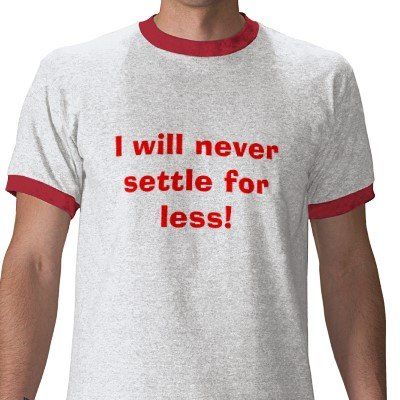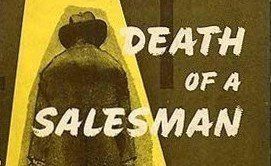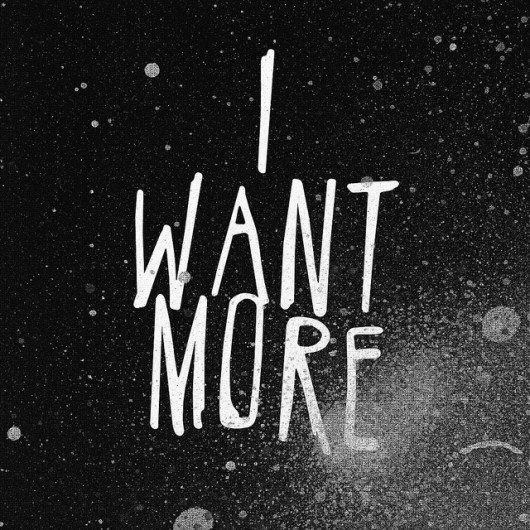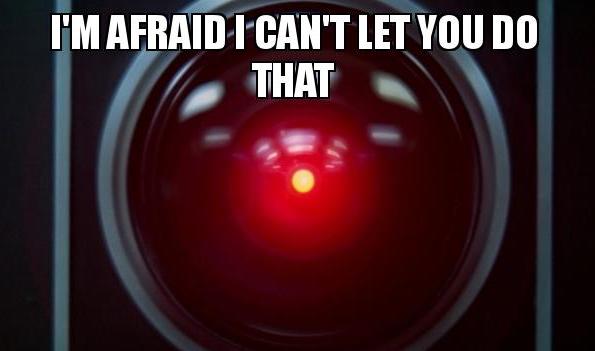The Importance of Saying No
Ed explains why saying no can help to create satisfied customers.
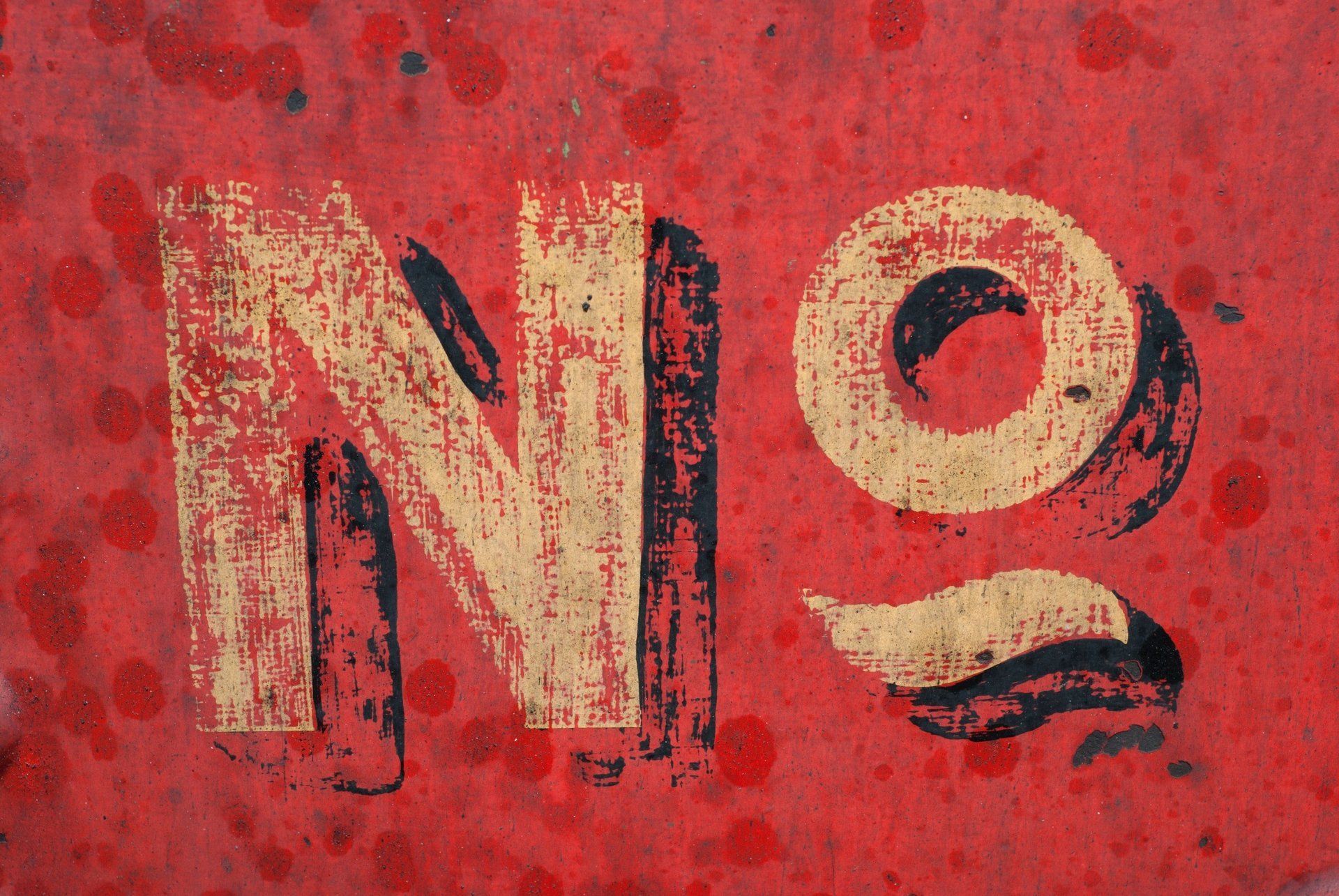
Salespeople hate to say no. We tend to feel a lot better if we agree to satisfy the customer's every wish. Because we're afraid that if we don't, the customer will be angry, won't like us, and will decide not to give us the order. In spite of this insidious fear, my belief is that if we learn how to say no, the customer is more likely to be satisfied than if we say yes.
This conclusion, which may seem counterintuitive, was reinforced this afternoon by my friend Matt, who used to be a California prison guard. "In prison," Matt explained, "if you say yes and then it turns out that you have to say no, you could wind up with a knife in the back of your head. That's why you always start out by saying no. Then if you say yes, you're a hero." Makes sense to me.
Chapter Six of my book, Negotiation Boot Camp
, is the chapter on how to make concessions, and it opens with a story about Matt that, to my amusement, has spawned a series of magazine and Internet articles written by people who have been intrigued by his approach to negotiation. Matt, you see, owns the health club where I play handball. As described in Negotiation Boot Camp
, when Matt took over the club, he announced that he was going to convert all four of our handball/racquetball courts into weight training areas. Well you can imagine the uproar from the cadre of ball players. We were up in arms.
After some heated negotiating sessions, Matt agreed to keep two of the courts. The handball players were delighted. We felt we had won the negotiation. Yours truly, however, suspected that Matt was smarter than we were. Something told me that he never intended to eliminate all the courts. When I asked him about it, he confessed that my suspicion was correct.
"If I said at the beginning that I'm taking out two of the four courts," Matt acknowledged, "you guys would have been bitching and moaning for years. Instead, I threatened to take out all the courts and then appeared to relent under pressure." Matt's experience with all those prisoners was paying off.
Consider how this reflects the typical sales situation. The buyer wants a lower price, quicker delivery, better terms, etc. If we give in to all of these demands, it will only (a) serve to raise the buyer's expectations and (b) lower the buyer's perception of value. "I should have asked for more," the buyer will complain and, bingo, you have a dissatisfied customer on your hands. The buyer now perceives your product is not as good as you said it was. If it was that good, why would you be giving in? But when you say no, I'm sorry but we can't do that, the buyer's perception is that he pushed you as far as you would go. He thinks he got a great deal.
In my sales career spanning several decades, I can say without reservation that my best customers have been the ones who paid top dollar. They were the ones who were told no. They appreciated the value of their investment and they respected me because I stuck to my guns. And conversely, the most disagreeable, aggravating, and least satisfied customers have been the ones who received yes as the answer to their demands. Giving in is not the answer after all. As Matt learned in prison, when someone asks for a concession, the best strategy is to start out by saying no. In Negotiation Boot Camp
, the advice I give is to make the other negotiator work for their concessions. Saying yes right away only leads to disaster. Say no at first and then perhaps later you can say yes. The buyer will be more satisfied simply because you had the courage to say no.
Copyright © 2018 Ed Brodow. All rights reserved.


